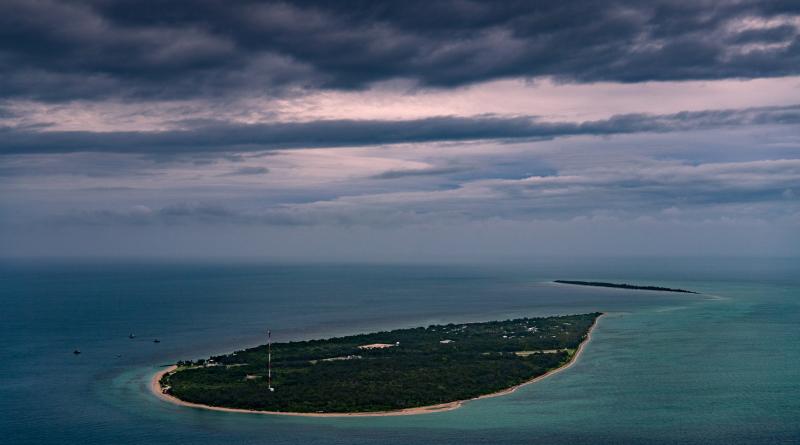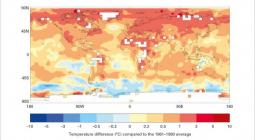Their Islands Are Being Eroded. So Are Their Human Rights, They Say.

Indigenous Australians from low-lying islands in the Torres Strait argue that the government, by failing to act on climate change, has violated their fundamental right to maintain their culture.
MASIG ISLAND, Australia — Every weekend, Yessie Mosby visits the sandy, washed-out graves of his ancestors to gather their scattered bones. Their shallow burial place, just yards from the shore of Masig Island, north of mainland Australia, has been eroded by rising seas.
“Other parents around the world go to the beach with their kids and pick up shells,” Mr. Mosby, 37, a craftsman and father of five, said as he moved fragments of his sixth great-grandmother’s bones to a spot beneath a coconut tree. “We pick up remains.”
The lives of the people here are tied to the island, one of 18 spits of earth in the Torres Strait inhabited by Indigenous Australians. It holds the histories of those who came before; it protects and nourishes. But as climate change pushes the tides ever higher, these islands, and their ancient culture, are at risk of vanishing.




